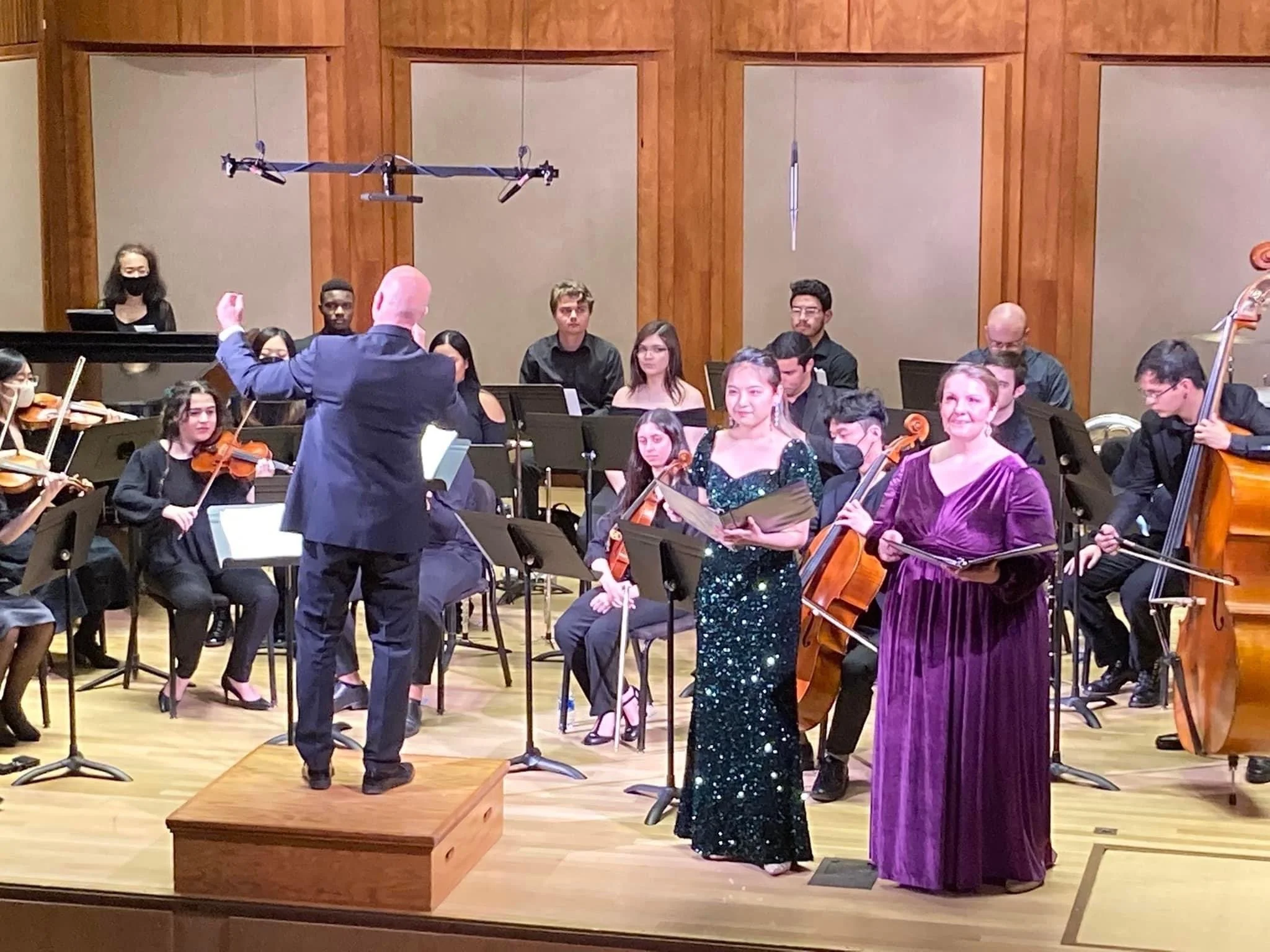From Aria to Authentic: My Journey from Classical to Contemporary Singing
When I started studying voice in the mid-1990s, the message was clear: classical training was the gold standard. My teacher — a kind, talented, and deeply dedicated classical singer — encouraged me to focus solely on classical repertoire. With the best of intentions, she passed along what so many in academia believed (and still believe): that classical technique is the foundation of all good singing.
And in many ways, that training gave me an incredible base. I learned how to use my breath efficiently, phrase with intention, and shape sound with precision. But as I look back, I can see how that singular focus also closed the door on styles that I loved just as much — if not more.
A Singing World Shaped by Expectations
Growing up in a larger body, I learned early on that being “different” meant constantly searching for belonging. Singing quickly became the way I found acceptance. It was the thing that made people notice me — the thing that helped me fit in.
In a sad way, I began to place all of my self-worth in how well I could sing. And because I was steered toward classical music — told it was where I “fit” best, both vocally and physically — I devoted myself to mastering it.
Opera was beautiful, dramatic, and full of powerful stories, but they were stories told in languages that weren’t my own. I admired it deeply, but never fully felt at home inside it. My voice expressed the emotion, but the music didn’t quite express me.
When Teaching Changed My Singing
Years later, when I opened my own private voice studio, everything shifted. My students weren’t interested in singing Schubert or Puccini — they wanted to sing Wicked, Adele, Taylor Swift, Olivia Rodrigo. They wanted to sound like themselves, not like a centuries-old tradition.
That realization changed everything. I realized that to help them, I needed to truly understand these popular styles — not just technically, but emotionally. I had to re-learn singing through a different lens: one of authenticity, flexibility, and storytelling in the singer’s own language.
I discovered that while there are parallels between classical and contemporary styles — breath support, alignment, and healthy tone — there are also some key differences. There are certainly more than these three, but these come to mind first:
Resonance is used differently. Classical singers adjust resonance to fill a hall with natural sound, while pop and musical theatre singers shape it for intimacy and emotional storytelling — often using the microphone as part of their instrument.
Breath management changes to serve phrasing and style-specific demands.
And perhaps the biggest difference: the microphone itself.
In classical singing, we train to be self-amplified — to fill a concert hall naturally. In pop and musical theatre, we partner with a microphone, creating intimacy and nuance that invite the listener closer. That difference alone opens up a whole new world of expression.
Finding Freedom in the NeuroVocal Method
When I became certified in the NeuroVocal Method, I finally found the missing piece. NeuroVocal helped me connect the dots between the structure of classical technique and the expressive freedom of contemporary singing — all through the science of how the brain processes sound, emotion, and intention.
It helped me shift from “doing it right” to feeling it true.
It allowed me to reconnect with singing as a form of joy and self-expression — not self-worth.
And through this continued journey — exploring contemporary styles, learning to teach with curiosity and compassion, and maturing both physically and emotionally — I’ve come back to the heart of why I started singing in the first place: to find joy, to express connection, and to share music with others.
Now, my teaching reflects that transformation. I help my students grow through both skill and self-discovery — guiding them toward voices that feel authentic, empowered, and deeply personal.
Because at The Growing Musician, I believe the goal of singing isn’t perfection. It’s connection — to your story, your sound, and yourself.


